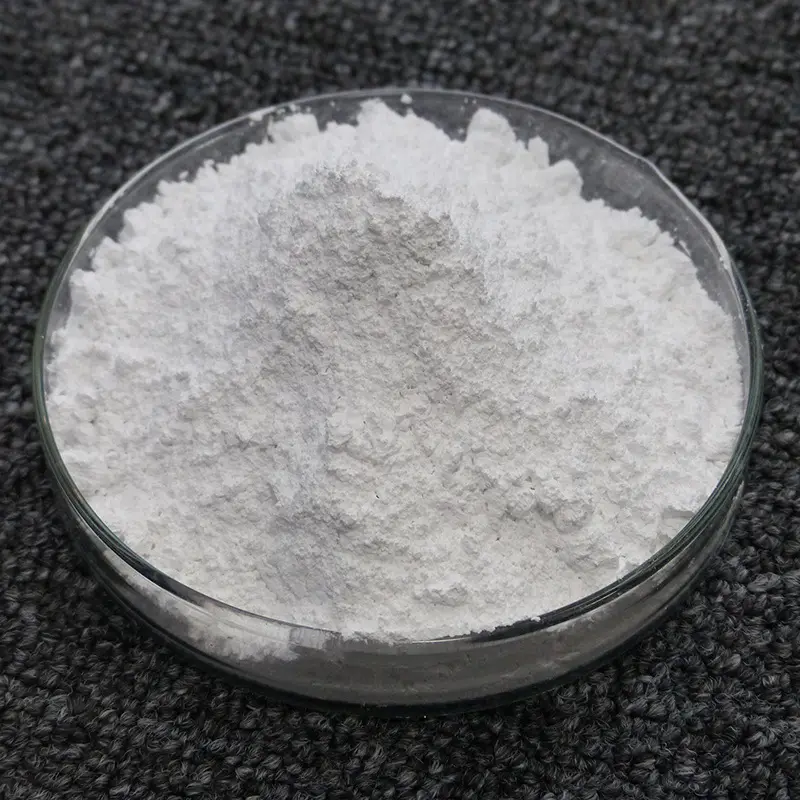
Exploring the Benefits of Zeolite in Sustainable Agriculture Practices and Soil Health
The Role of Zeolites in Agriculture
Zeolites are microporous, aluminosilicate minerals that have garnered increasing attention in agriculture due to their unique physical and chemical properties. These natural or synthetic minerals have been used in various agricultural applications, providing significant benefits to soil health, plant growth, and environmental sustainability.
The Role of Zeolites in Agriculture
Furthermore, zeolites play a vital role in water retention. In many agricultural regions, water scarcity is a significant challenge. Zeolites have a high adsorption capacity, allowing them to hold water within their porous structure. By incorporating zeolites into the soil, farmers can increase the moisture retention capacity of the soil, reducing the frequency of irrigation and promoting healthier plant growth, even in arid climates. This water-saving potential aligns with the increasing demand for sustainable agricultural practices that conserve water resources.
zeolite agriculture

In addition to their water retention capabilities, zeolites can improve soil aeration. Proper soil aeration is crucial for root development as it allows for the exchange of gases and prevents the suffocation of plant roots. The structure of zeolites contributes to a well-aerated soil profile, facilitating better root growth and overall plant health.
Zeolites also play a role in controlling soil pH levels. Soils that are too acidic or too alkaline can hinder plant growth and reduce crop yields. Zeolites can help buffer the pH of the soil, creating a more conducive environment for plant growth. This quality is particularly useful in areas with extreme soil conditions, as it helps create a more balanced growing medium for a variety of crops.
Moreover, zeolites can act as natural pesticide carriers, helping in the controlled release of plant protection products. By incorporating pesticides into zeolites, farmers can reduce the environmental impact of chemical inputs, ensuring that substances are released gradually, which minimizes leaching into water sources and reduces toxicity to beneficial organisms in the soil.
In conclusion, zeolites offer a wide range of benefits that can greatly enhance agricultural productivity while promoting environmental sustainability. By improving soil fertility, water retention, aeration, and pH balance, zeolites provide farmers with a versatile tool for cultivating healthier crops. As the world faces challenges related to food security, resource conservation, and environmental degradation, the incorporation of zeolites in agricultural practices may hold the key to sustainable solutions in farming. The growing body of research and commercial interest in zeolites underscores the potential of these minerals to transform agricultural practices, enabling farmers to meet the demands of an ever-growing population while safeguarding the planet for future generations.
Share
-
Premium Pigment Supplier Custom Solutions & Bulk OrdersNewsMay.30,2025
-
Top China Slag Fly Ash Manufacturer OEM Factory SolutionsNewsMay.30,2025
-
Natural Lava Rock & Pumice for Landscaping Durable Volcanic SolutionsNewsMay.30,2025
-
Custom Micro Silica Fume Powder Manufacturers High-Purity SolutionsNewsMay.29,2025
-
Custom Mica Powder Pigment Manufacturers Vibrant Colors & Bulk OrdersNewsMay.29,2025
-
Custom Micro Silica Fume Powder Manufacturers Premium QualityNewsMay.29,2025






